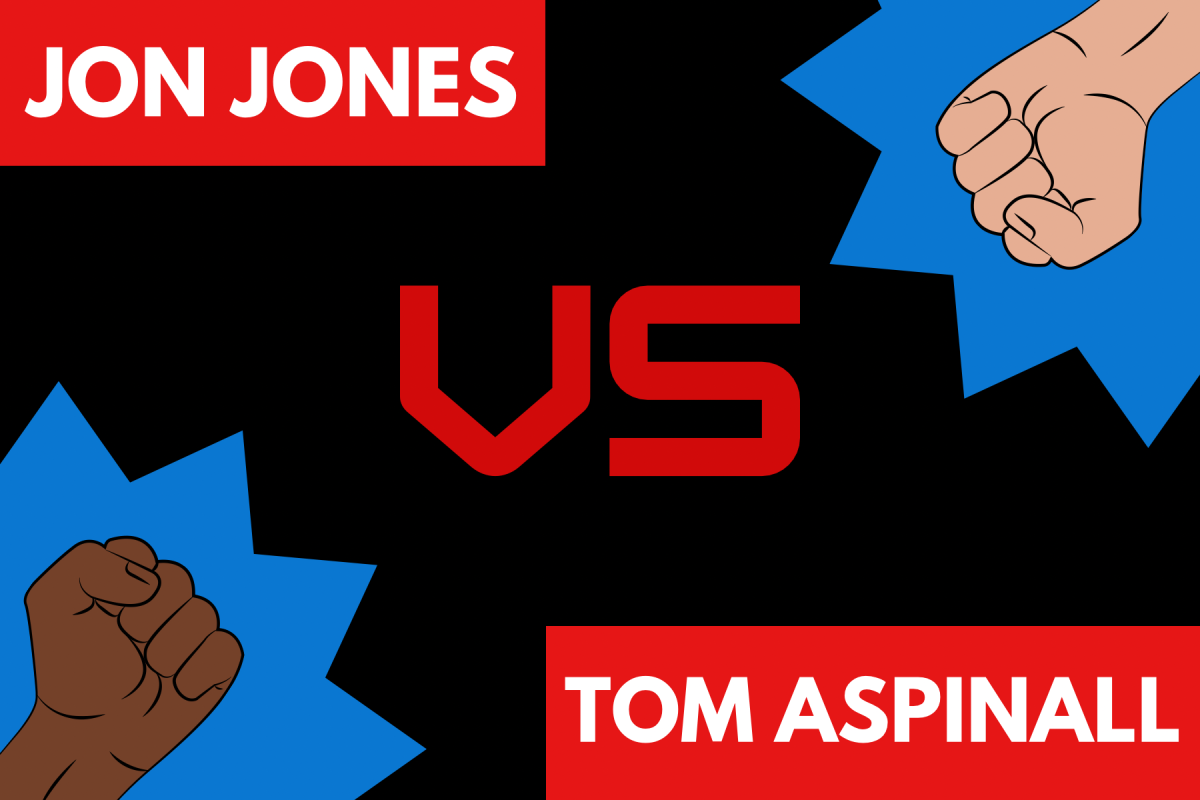Solving Systemic Problems is Only Possible Through Abolition
The United States can break away from its dreadful history by dismantling its flawed systems
September 8, 2021
Unlike popular belief, the left is not on the same page. Grouped together by right-wing media under the gross generalization of the term “liberal,” this construct refers to practically anyone supporting reasonable living situations. However, key aspects differentiate the distinct approaches of leftists in comparison to liberals. These aspects are a leftist’s historical support for abolitions versus the support for reform from liberals. So which is most effective? How will the left take down centuries of systemic oppression and abuse of power?
From a reformist’s frame of mind, they won’t. Reform revolves around the idea of “revising” particular systems: seeing an institution for what it is and working around the surface-level issues. However, problems arise when said system, such as that of criminal justice, is built around the suffering of indigenous peoples and communities of color (/minorities). Reformist politicians, such as President Joe Biden and House Speaker Nancy Pelosi, believe that the police force, for example, can be reformed through adequate training. However, a brief examination of its history shows a clearly problematic lineage. The police started as a slave patrol. Its primary role was to establish fear amongst slave populations to terminate any possible uprisings. This is not merely a remnant of the past; to this day, the deployment of fear continues to play a significant role in policing tactics. The psychological effects and mistrust of a militarized authority cannot magically be forgotten and erased. How then can a government organization with origins and ongoing practices of abuse, racism, and brutality be trusted take an oath to protect every neighborhood in The United States? The solutions that reformists propose are, in many ways, just cosmetic.
This is where abolition comes into play. The rejection of the idea that existing systems can be altered is the first step to concrete political and social change. Sure, politicians can propose laws that target police response and accountability. But no amount of legislation directed at the police force will address the roots of the crime in and of itself, and racial bias. This is why a complete removal of the idea that said systems are necessary for a functioning society is crucial. The fundamental goal of an abolitionist is to create living conditions where harmful establishments are not needed. But this cannot be enacted in a careless way. We’ve seen the harm that police cause to communities of color, so it’s vital that through the steps of abolishment, systems like law enforcement are not merely revived under new names.
This can be done in multiple ways. For organizations like the police, defunding and investing in community-oriented programs will have a much greater impact on the average person. This also comes with decentralizing cops from the idea of safety and protection. Distributing duties to people trained in their respective fields, such as mental health specialists, will increase the efficacy of the position in the first place. Lastly, decriminalization is vital. Redefining the standards of what is a crime or offense, which are often racially biased, will serve justice to the many incarcerated or deceased individuals who were wronged by the justice system.
I believe that radical change towards a more just society requires a radical investment in rethinking its structures. Reform is both performative and ineffective. It does not challenge the root of the issues at hand and will not be a successful tactic in creating a more equitable United States.









































